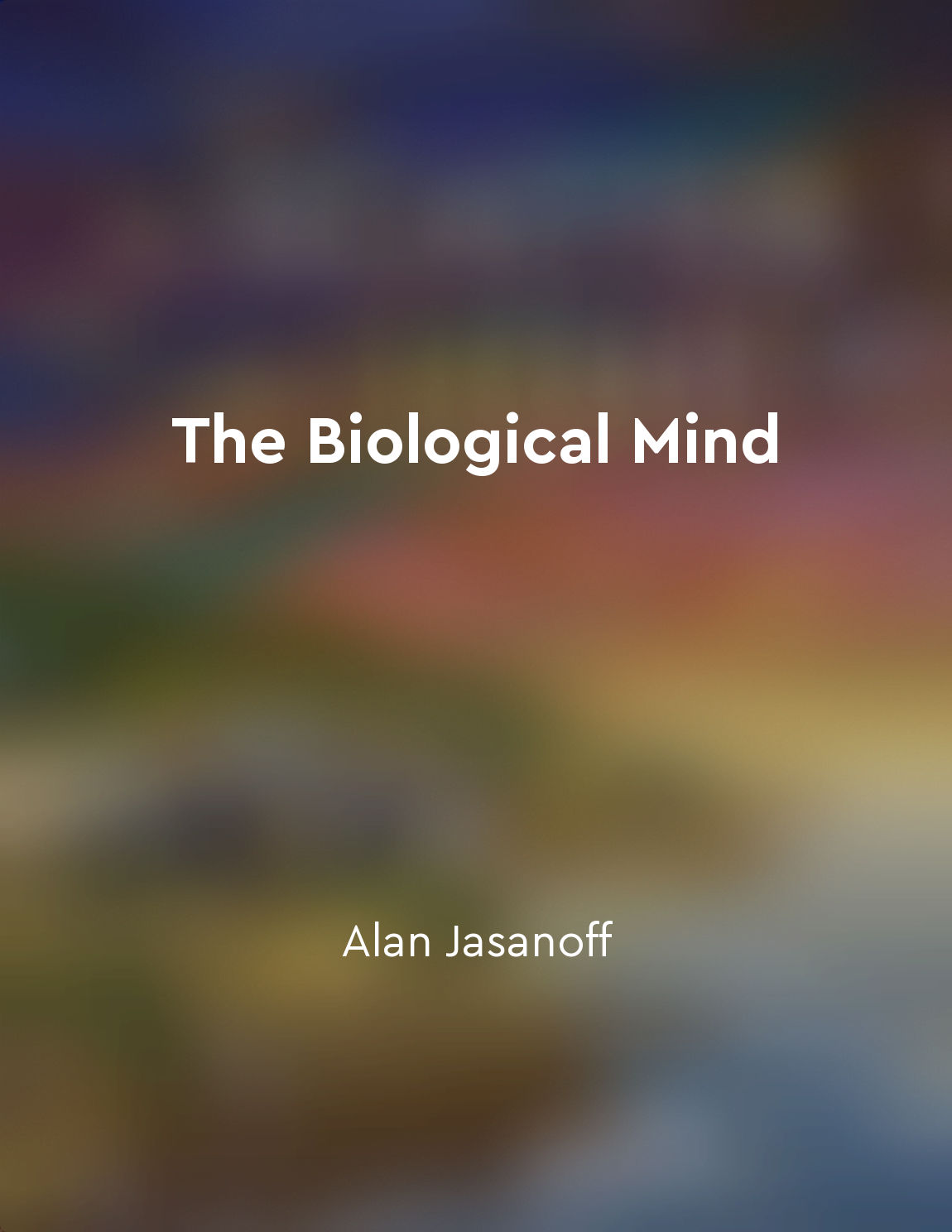Transform your mind through neuroplasticity from "summary" of Buddha's Brain by Rick Hanson,Richard Mendius
Neuroplasticity is a fascinating concept that has the potential to significantly impact our lives. It refers to the brain's ability to reorganize itself by forming new neural connections throughout life. This means that the brain is not a static organ, but rather a dynamic and adaptable one that can change in response to our experiences. By understanding and harnessing the power of neuroplasticity, we can transform our minds and ultimately change our lives for the better. Our thoughts and emotions have a direct impact on the structure and function of our brains. When we repeatedly engage in certain mental activities, such as focusing on positive experiences or practicing mindfulness, we can strengthen the neural pathways associated with these activities. This process, known as experience-dependent neuroplasticity, allows us to cultivate positive qualities like resilience, compassion, and happiness. By intentionally shaping our thoughts and emotions, we can sculpt our brains in a way that promotes well-being and personal growth. This involves actively engaging in practices that promote positive neural changes, such as meditation, gratitude exercises, or cognitive-behavioral therapy. Over time, these practices can lead to lasting changes in our brain structure and function, ultimately shaping our minds in a more positive and resilient direction. It is important to note that neuroplasticity works both ways – it can lead to positive changes, but it can also reinforce negative patterns if we are not mindful of our mental habits. For example, constantly dwelling on negative thoughts or engaging in self-criticism can strengthen neural pathways associated with these patterns, making it harder to break free from them in the future. By being aware of our thought patterns and actively cultivating positive mental habits, we can steer our brains in a direction that supports our well-being and personal growth.- Neuroplasticity offers us a powerful tool for transforming our minds and ultimately changing our lives. By understanding how our thoughts and emotions shape our brains, we can take intentional steps to cultivate positive qualities and break free from negative patterns. This process requires dedication and practice, but the rewards – greater resilience, happiness, and well-being – are well worth the effort.
Similar Posts
Social hierarchies can influence behavior and attitudes
Social hierarchies play a crucial role in shaping human behavior and attitudes. People are constantly navigating various social...
Cultivating mindfulness can lead to greater peace and fulfillment
To cultivate mindfulness is to engage in the practice of being fully present in the moment, aware of one's thoughts, feelings, ...
Mindfulness can be integrated into daily activities such as eating and walking
When you are eating, you can bring a mindful awareness to the experience. Begin by noticing the food in front of you - its colo...

Meditation can help reduce stress and anxiety
Meditation, as I've discovered through personal experience, has the remarkable ability to alleviate stress and anxiety. The pra...

Seeking help for mental health issues is important
It is crucial to recognize the significance of seeking help for mental health issues. Many people may feel hesitant or embarras...

Develop selfawareness
To develop self-awareness means being mindful of your thoughts, feelings, and bodily sensations in the present moment. This inv...
Nature therapy can enhance brain function
Nature therapy, also known as ecotherapy or green therapy, involves spending time in natural environments to improve mental and...

Brain seeks to conserve energy
The brain, in all its complexity, is a master at finding ways to save energy. This may sound counterintuitive, given the brain'...

Neurons communicate through electrical and chemical signals
Communication in the brain occurs through a complex interplay of electrical and chemical signals. Neurons, the fundamental buil...
Stay committed to your goals despite setbacks
It's inevitable that setbacks will come your way as you strive towards your goals. These setbacks are not a sign of failure, bu...

